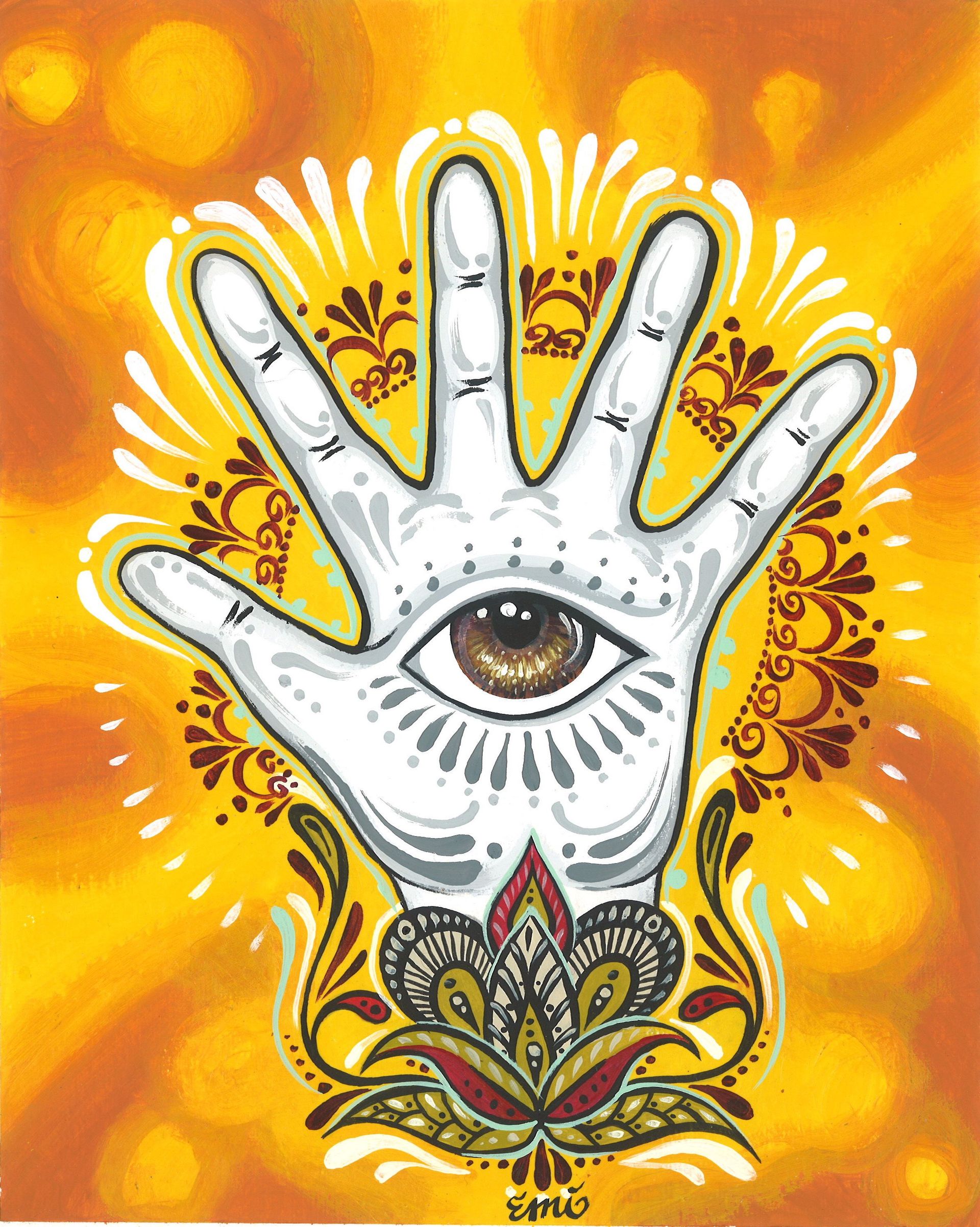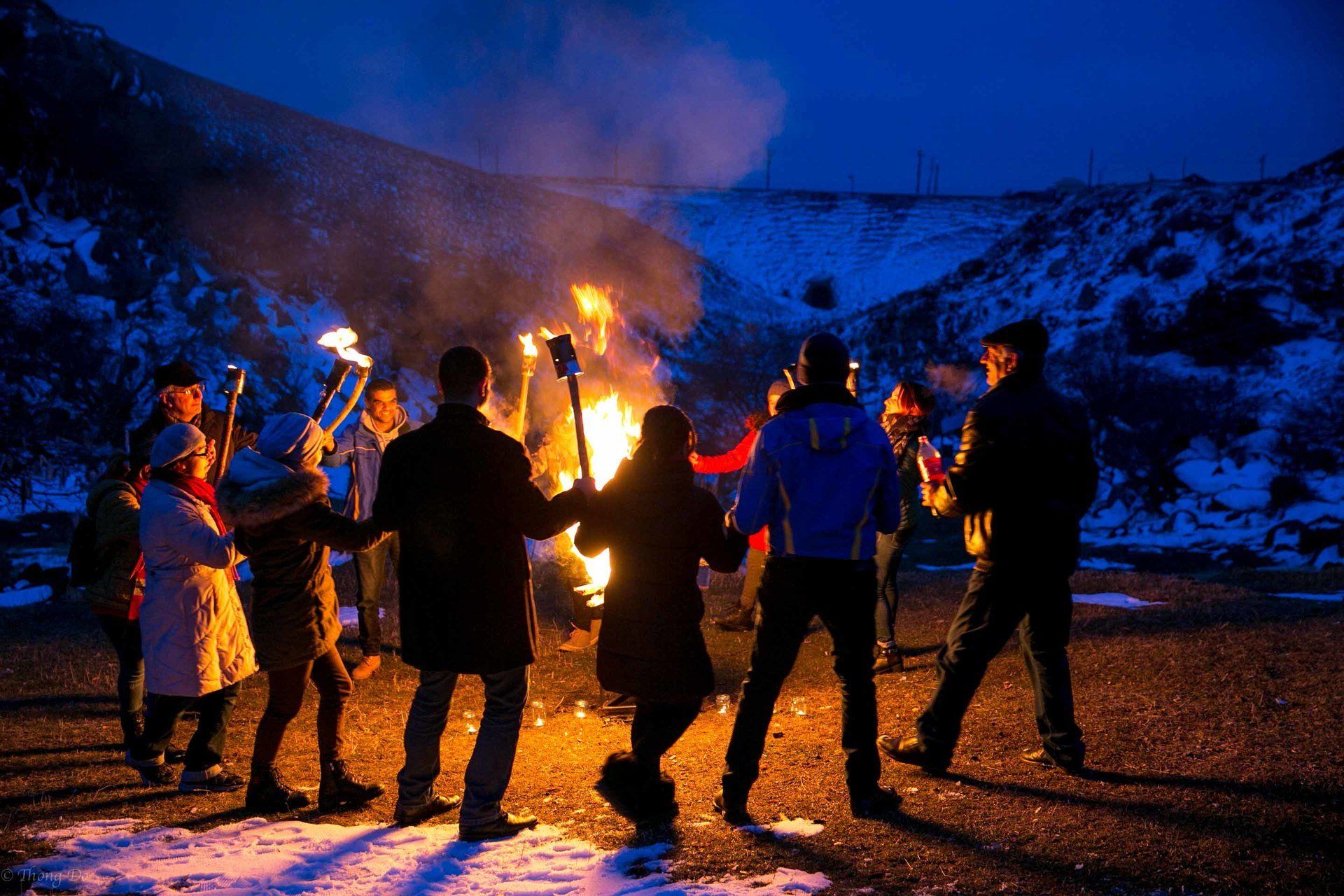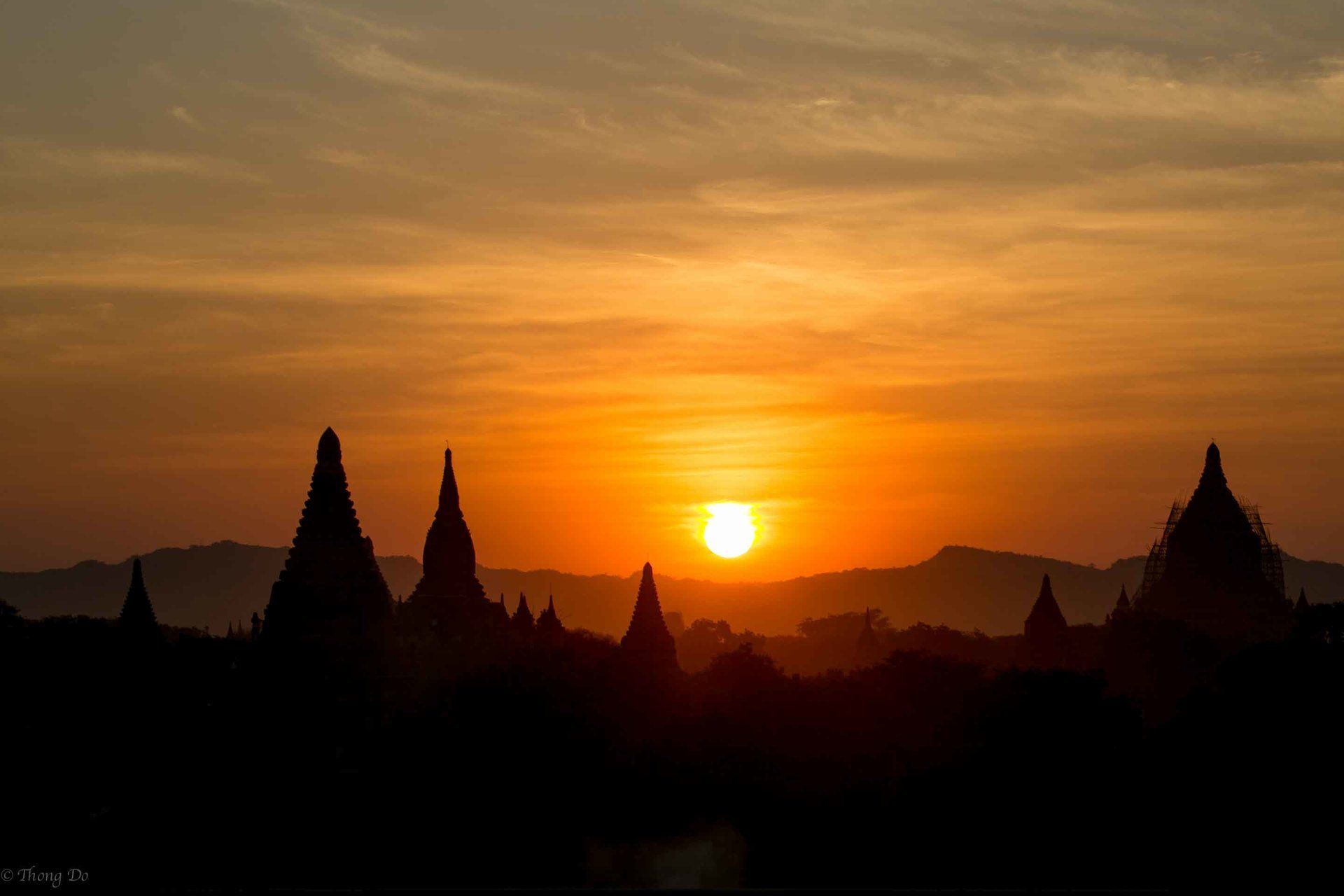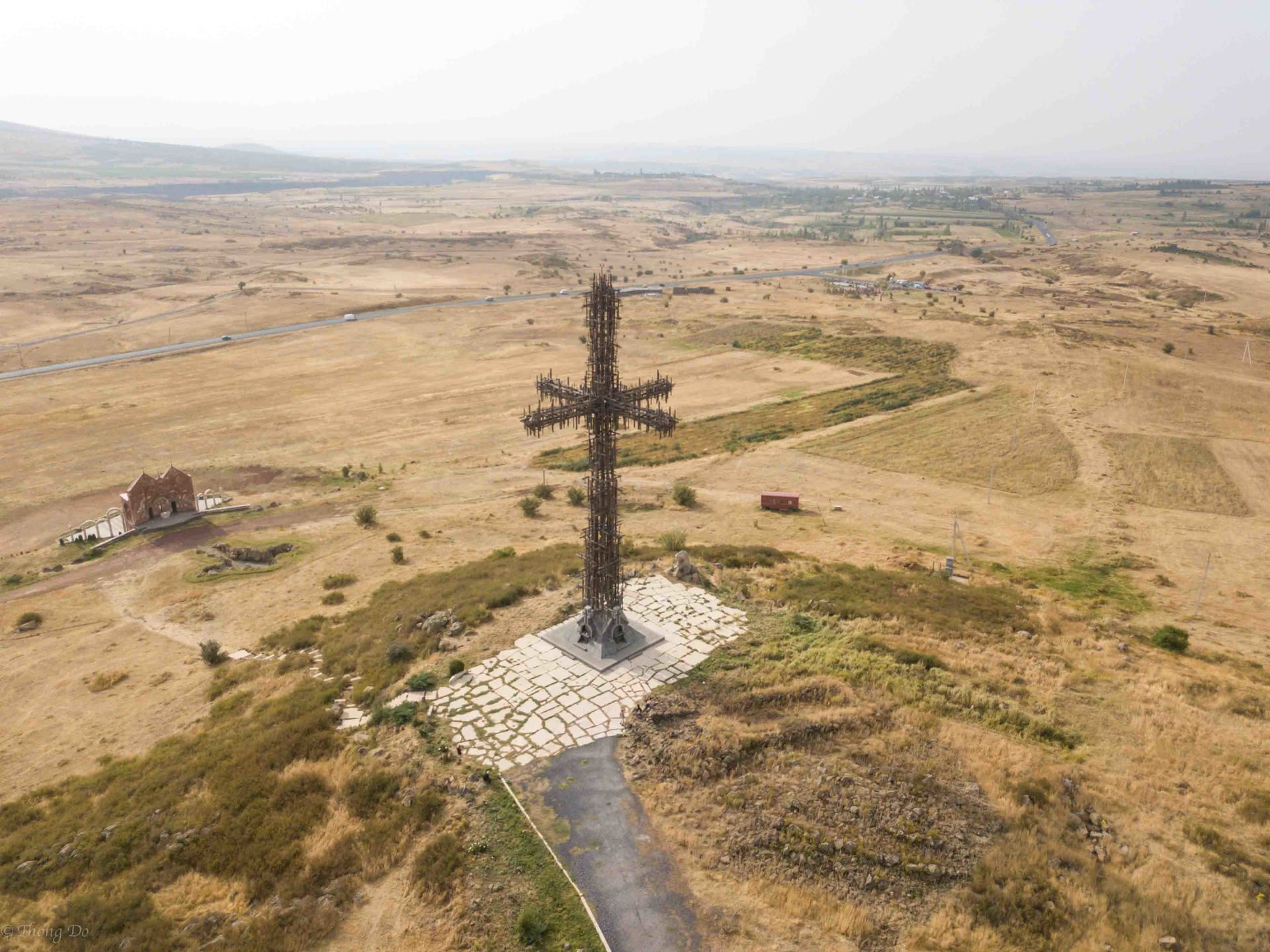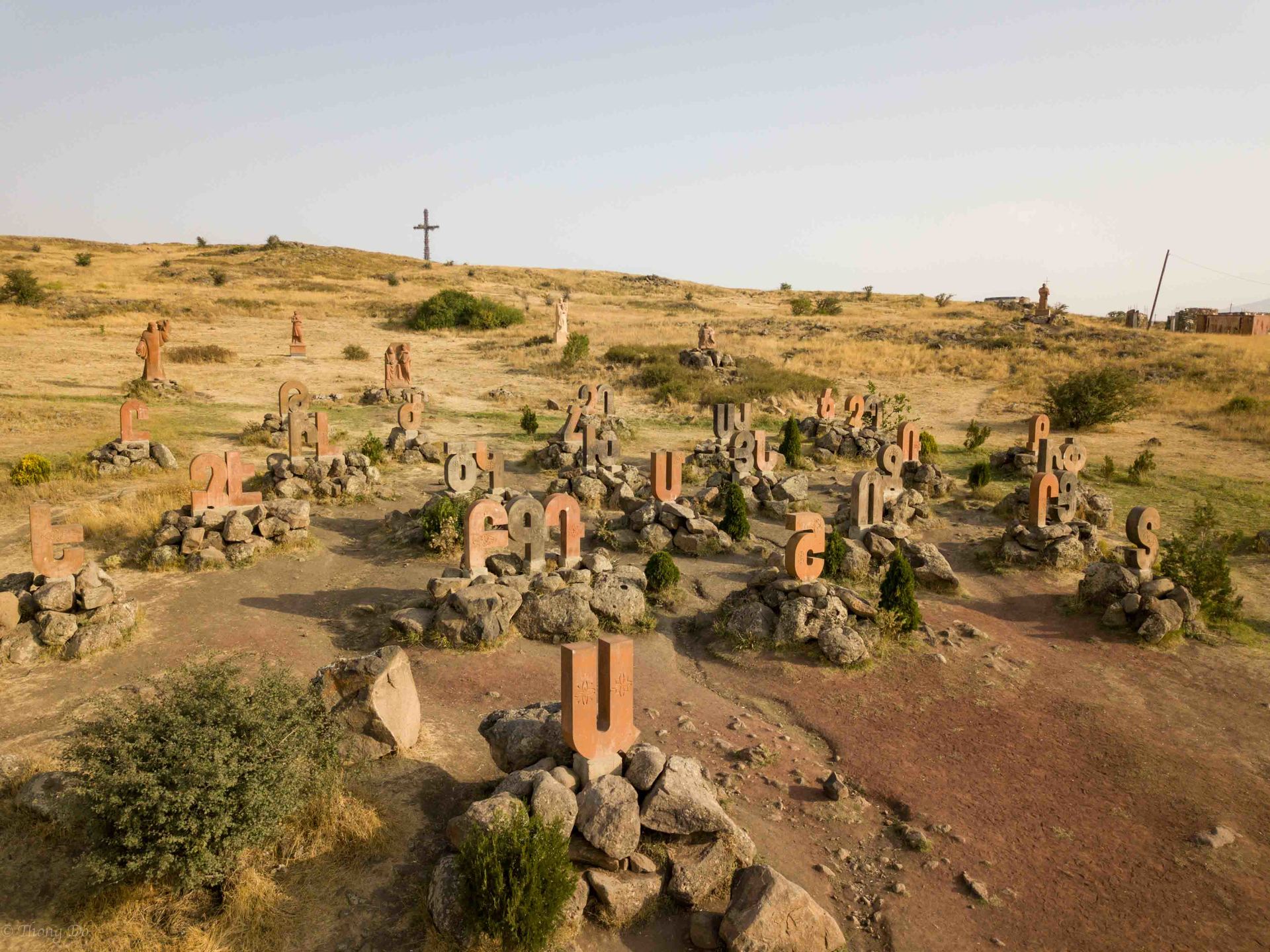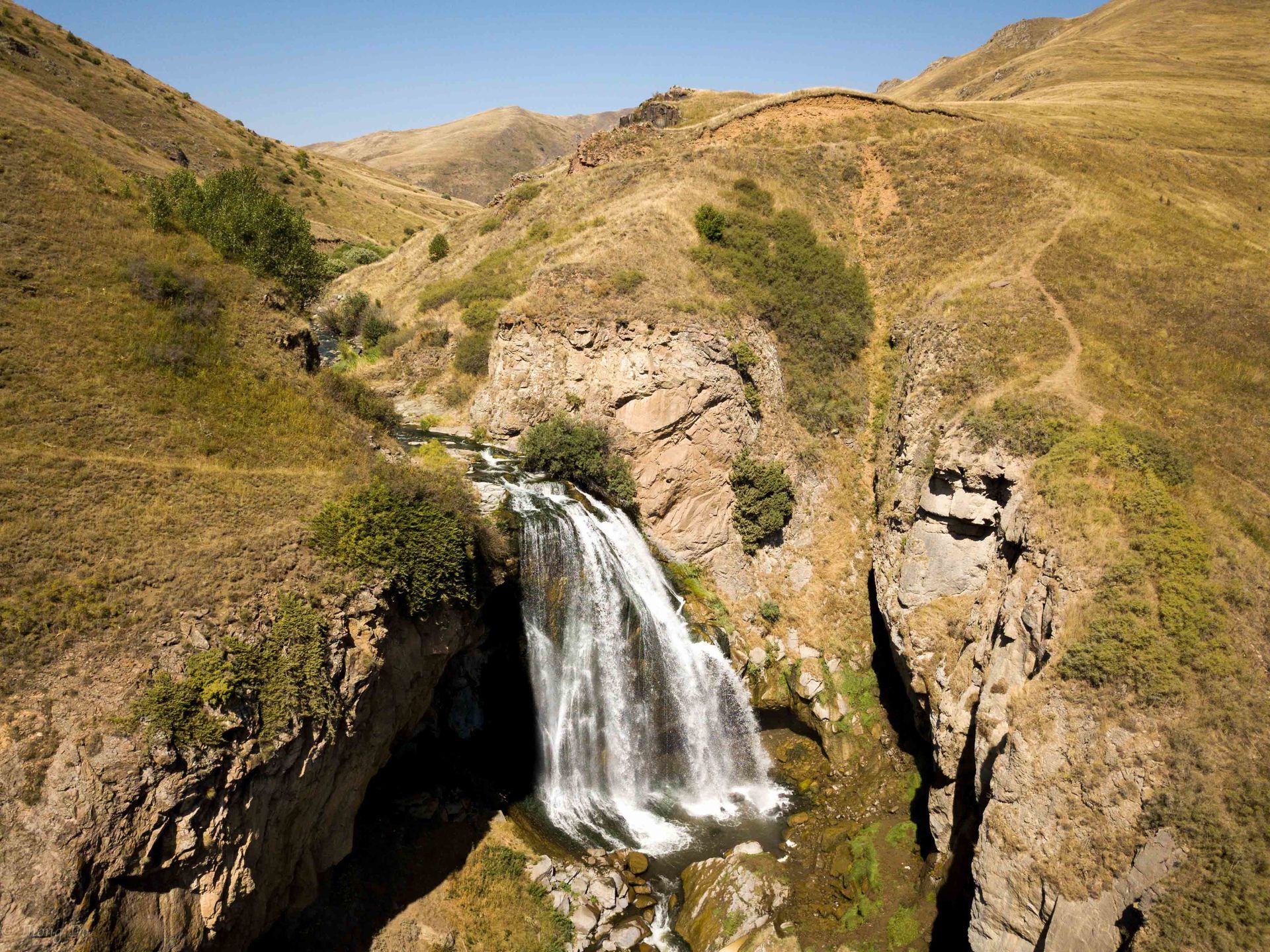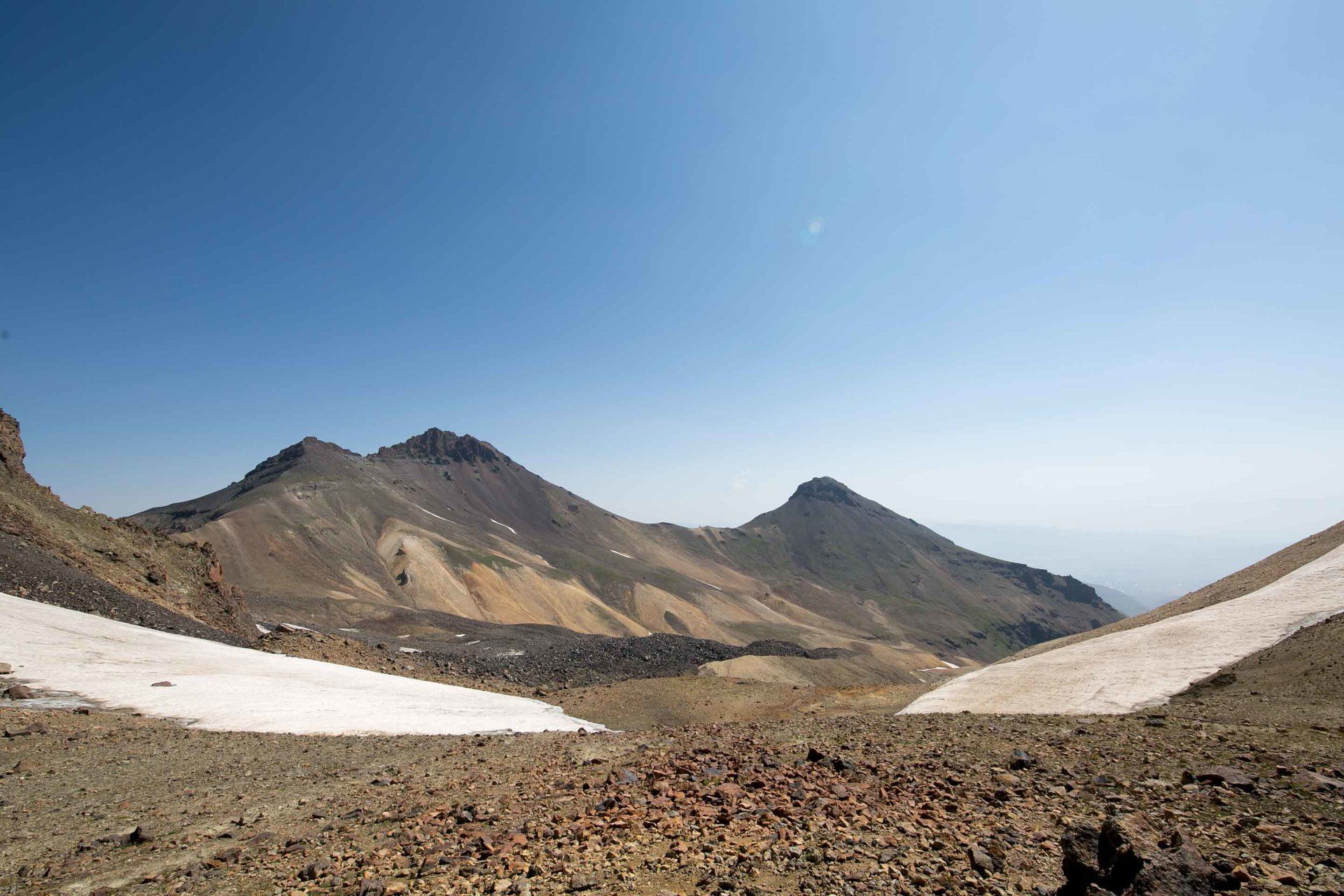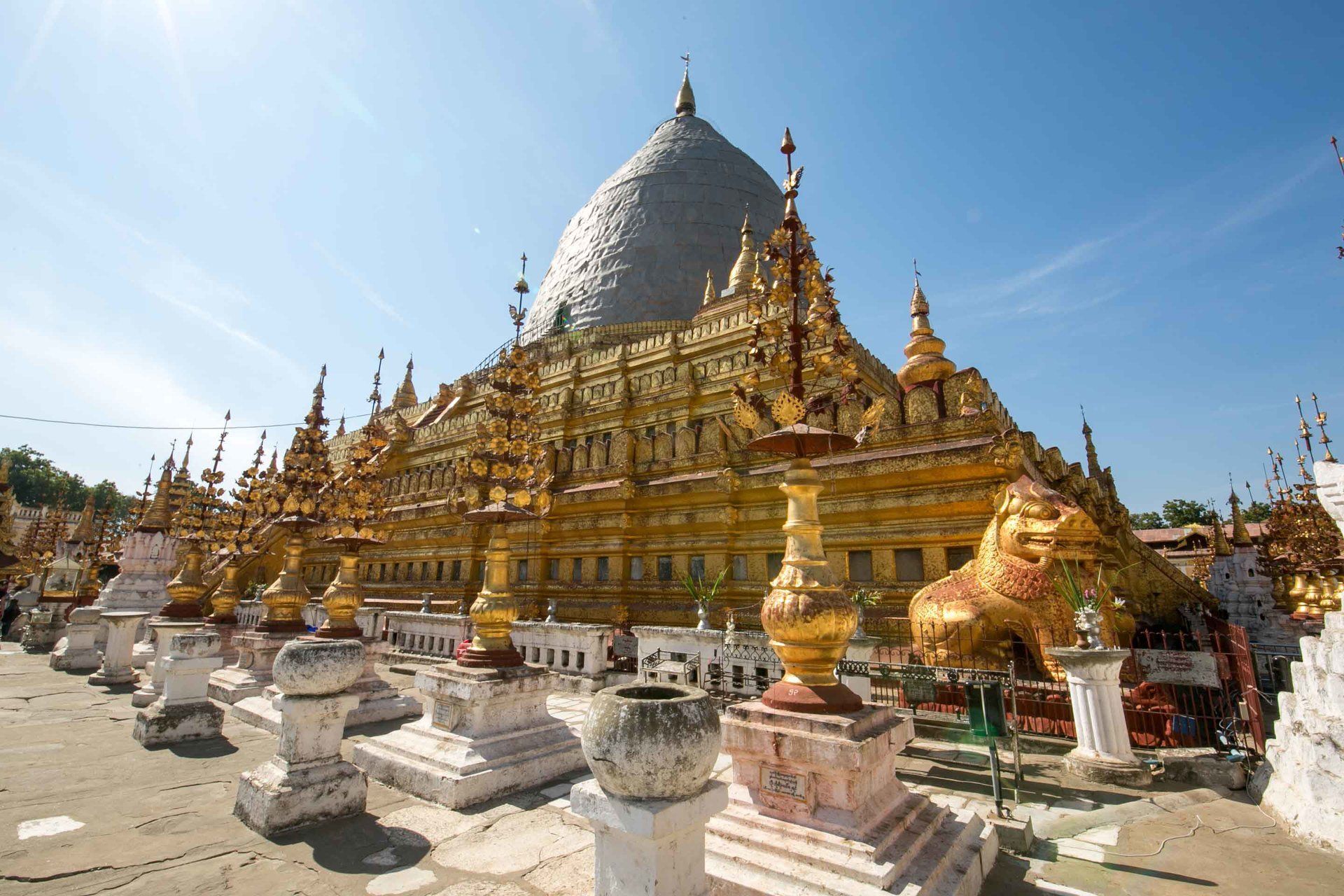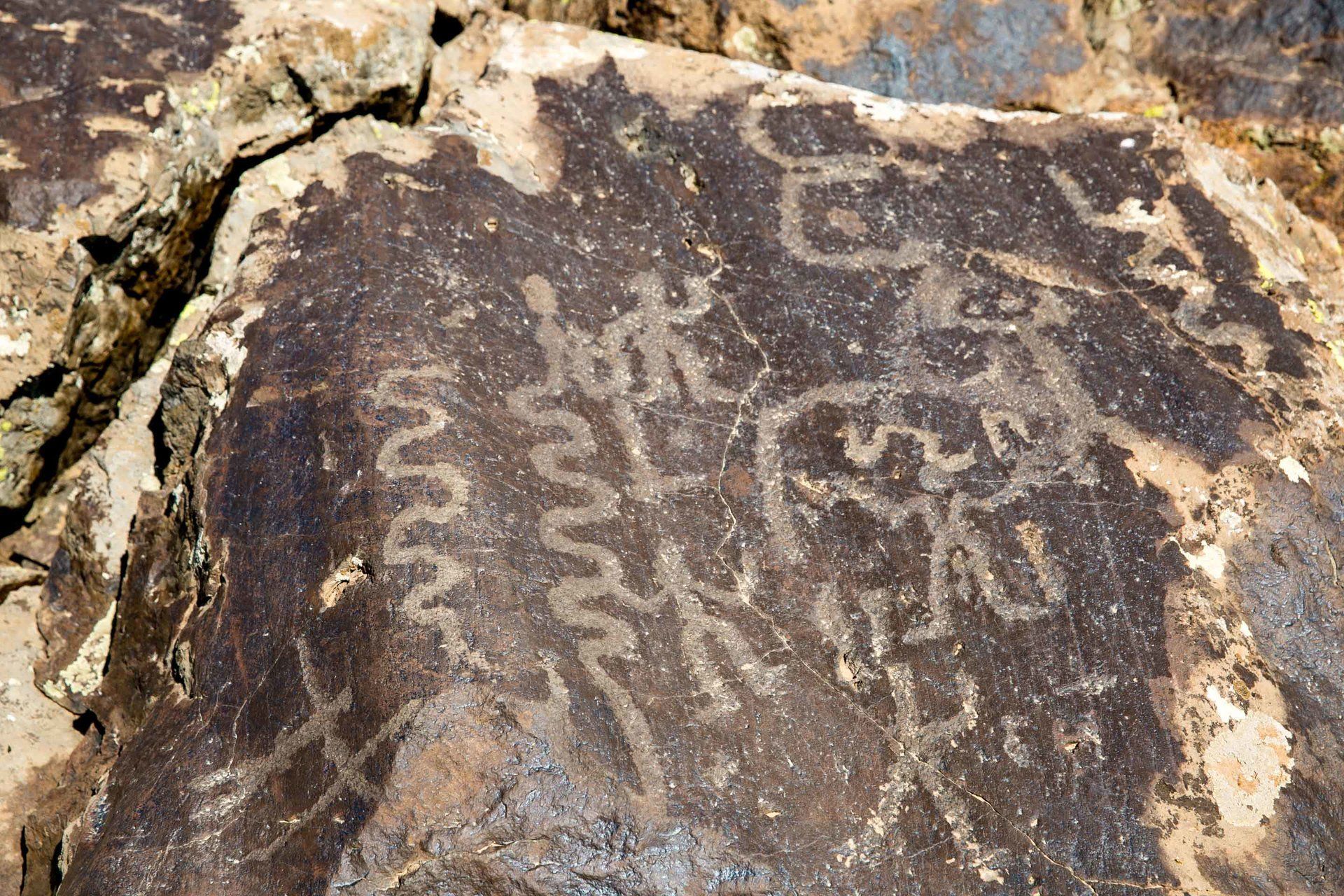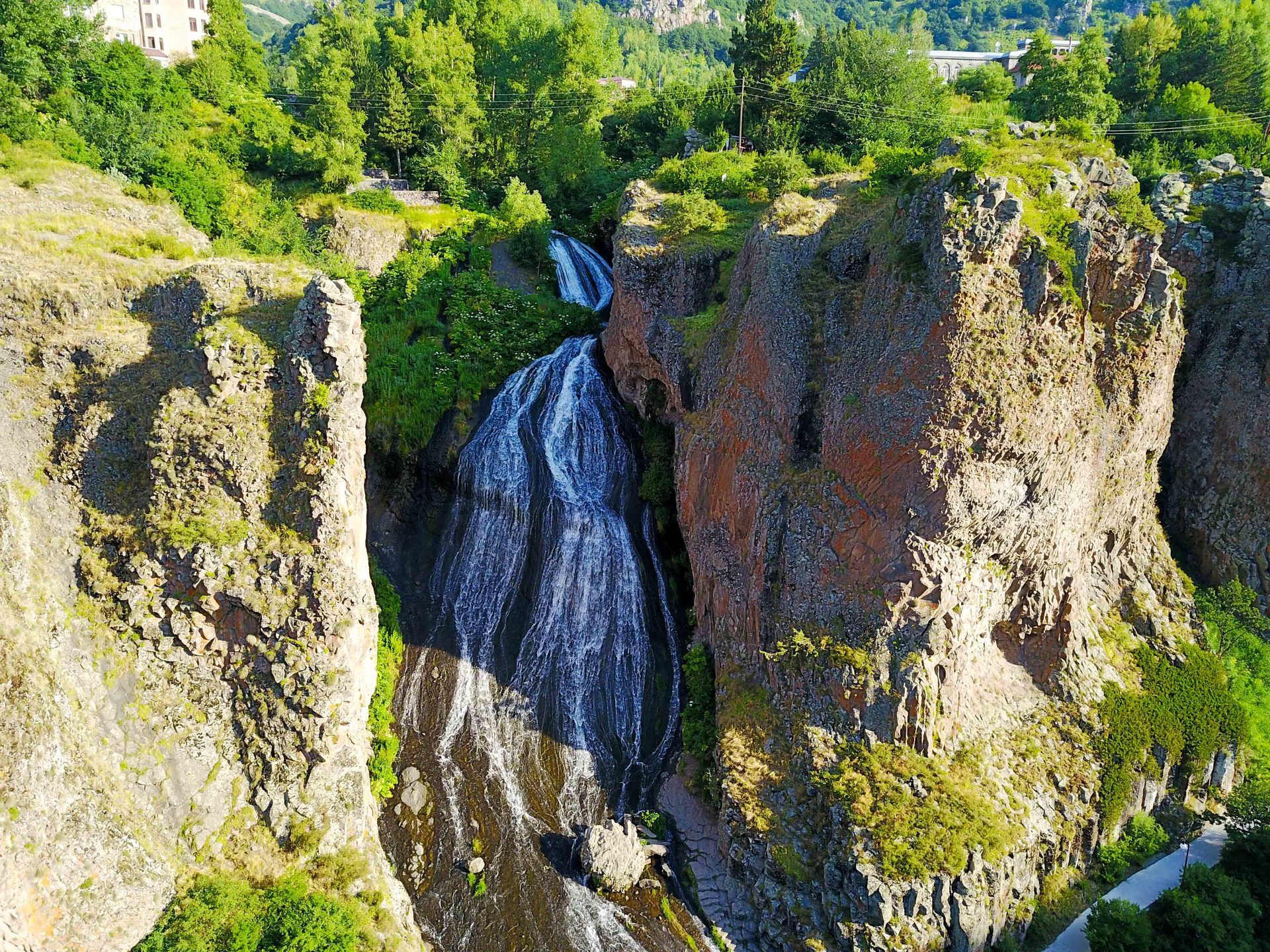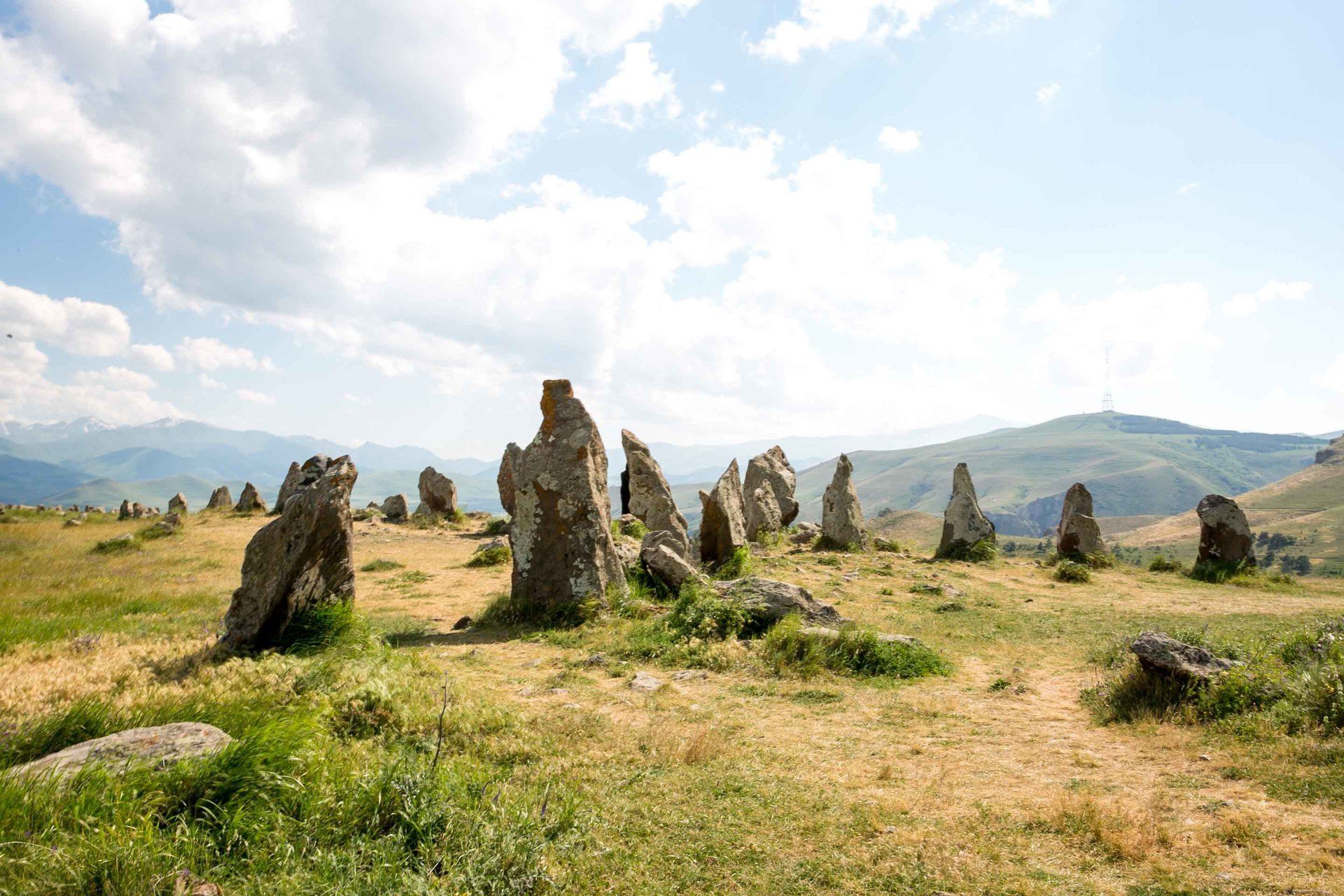Peace Corps 2.0: From the Big City to an Armenian Village
- By Thong Do
- •
- 24 Apr, 2016
- •
Of the many experiences you go through during your Peace Corps experience, the most drastic is the change in standard of living and pace of life. I grew up in Southern California and used to the traffic, availability of mostly anything, and all the conveniences of mostly everything in the Western world. My first Pre-Service Training in Romania was not that tough since our training site was in a fairly large city with all the modern conveniences available. There were even internet cafes and an assortment of restaurants to choose from. This time around, Pre-Service Training is a little bit tougher since we are placed in smaller villages and only the basics are available. We are placed in 4 separate villages and mine is named Taperakan. Taperakan is about 45 minutes from the capital, Yerevan, and just a few miles from the Turkish border.
The host family I am living with are great and live up to the legendary hospitality Armenians are known for. My host family has a large garden and plot of land that grows their own fruits and vegetables. They also raise chickens and pigs and I hear them every morning. It’s really amazing to have fresh food that available though. The village has a population of a few thousand but due to the high unemployment here most of the working age people are working abroad, mostly in Russia. No one really knows what the census is since people work abroad for just a few months then return. Other than the main highway, all roads in my village are dirt roads and potholes are everywhere. Its tough walking to school when it rains and you better have a good pair of boots.
The Peace Corps issues us a water filter and it’s changed since my first time in Romania. There we were given water filters that attached to the sink, this time we are given bucket water filters. Essentially, they are two buckets that sit on top of each other with a filter on the top bucket and a spout on the bottom bucket. The Peace Corps also issues us a medical kit filled with everything you can imagine.

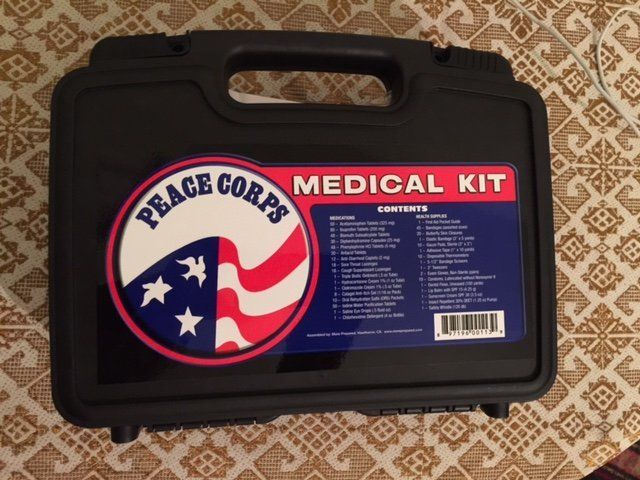
Consistent water is sometimes an issue in my village. There is a well in the indoor bathroom and once the well runs dry it may be days before we can shower again. We just have to wait until the municipal water authorities send water to our village and refill our well. I also learned to be strategic about the types of activities I do, for example, I’ll only exercise or do something very strenuous when I know I can take a shower that day. Also, if there isn’t enough water then we have to use the outhouse located in the backyard near the pigpen. I can only say that outhouses in Western/industrialized countries are a lot different than the rest of the world.
I managed to finally get my first haircut and that was quite the experience. Since I’m used to getting my hair cut every three weeks, the time was overdue and I started looking around my village for a barbershop/salon. I finally found out where it was and my classmate and I decided to go for it. It was on the second floor of a building next to the only gas station in our village and as soon as we entered the establishment I realized that half of it was a used goods store and the over half was the salon. There was a sheet hanging on a piece of string clearly dividing the two businesses. There were two older women and a younger woman there. Since our language skills were limited to only 4 weeks of language classes we did not even know the word for haircut but I asked by motioning with my fingers as if they were scissors and pointing towards my hair.
They were happy to oblige and my classmate Stephen decided to go first. While they were cutting his hair the other two began to speak to us in Armenian and ask the usual questions of why we were here, how old we were, and what our marital status were. We learned that the lady cutting Stephen’s hair was the mom and the younger lady was her daughter and did manicures. The other older lady did hair too and told us that she was 57 and had siblings in Glendale, California and a sibling living in Iran. She was sad that she was unable to live a better life with her siblings abroad. The conversation with her turned political when she said she disliked US President Obama and liked Russian President Putin instead. As Stephen was getting his haircut I noticed that there was no shaver to clean up his neck and I asked if they had a shaver by making a “buzz” noise and hand motioning as if I was shaving his head. They pulled one out and while one lady cut Stephen’s hair on top, the other shaved the back of his neck at the same time.
Eventually it was time for him to get his hair shampooed and rinsed. I watched as one of the ladies filled up an electric water boiler next to a tiny sink and the other lady bring a plastic stool for Stephen to sit on. The first lady then tells him to lean over and put his head over the sink while the second lady starts pouring warm water of his hair and begins lathering his hair with garlic shampoo. I really got a kick out of this and remembered to take a photo with my cell phone. Afterwards, Stephen’s given a towel and then has hair dried and given the final touches.
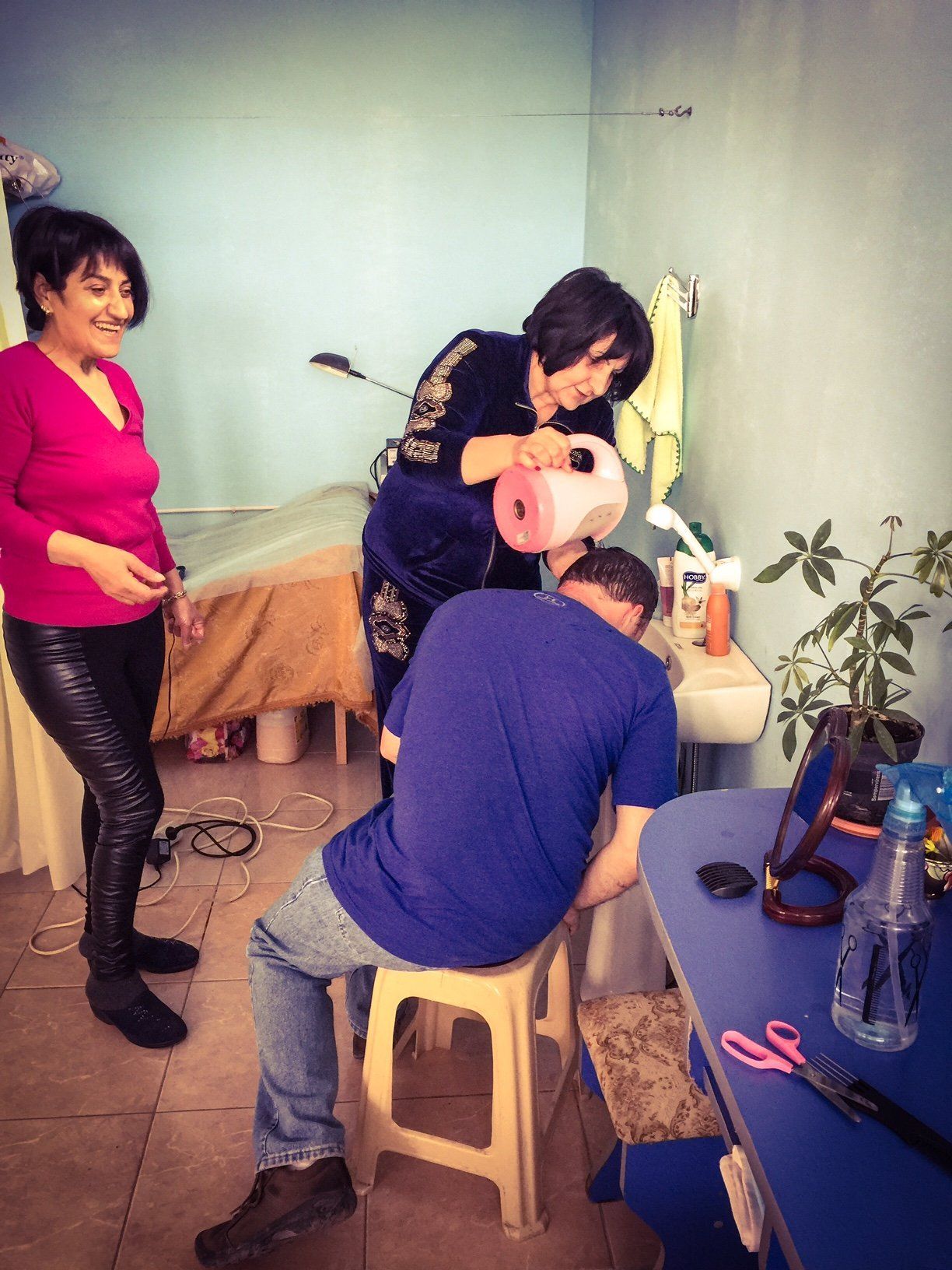
It’s finally my turn and I tell them I want the shaver only and want it cut equally over my head. The first lady gives me a strange look and its apparent to me that not many men get their hair styled this way in this village. I do the hand motioning again and point towards my entire head and she finally understands me. After 25 minutes (which would normally take less than 5 minutes back home) she finishes and it’s time for me to move over to the tiny sink and get my shampoo and rinse. We are finally done and the ladies want to offer us coffee or tea and chat some more but it’s time to get going. They charge us 1,000 Armenian dram or 2 US Dollars each. I notice a lot of spots missed on my head but really don’t care since it’s dinnertime and I’m hungry and don’t want to spend another 15 minutes there. I’m happy that I got this done and once I get home and tell my host family I got a haircut they ask how much I paid and my host brother tells me he’ll take me to a place that charges just 500 Armenian dram…
The most interesting thing about village life is being so close to livestock. As I mentioned earlier, my host family raises chickens and pigs but some of the Volunteer host family’s have bigger animals. It’s always cool to call a fellow Volunteer and go over to their place and check out their animals too. One thing I never get tired seeing are the sheepherders taking their flock out to graze. These large flocks often block traffic on the main road sometimes and all traffic comes to a halt. I’m on a photo mission to befriend some sheepherders and hang out with them for a few hours.
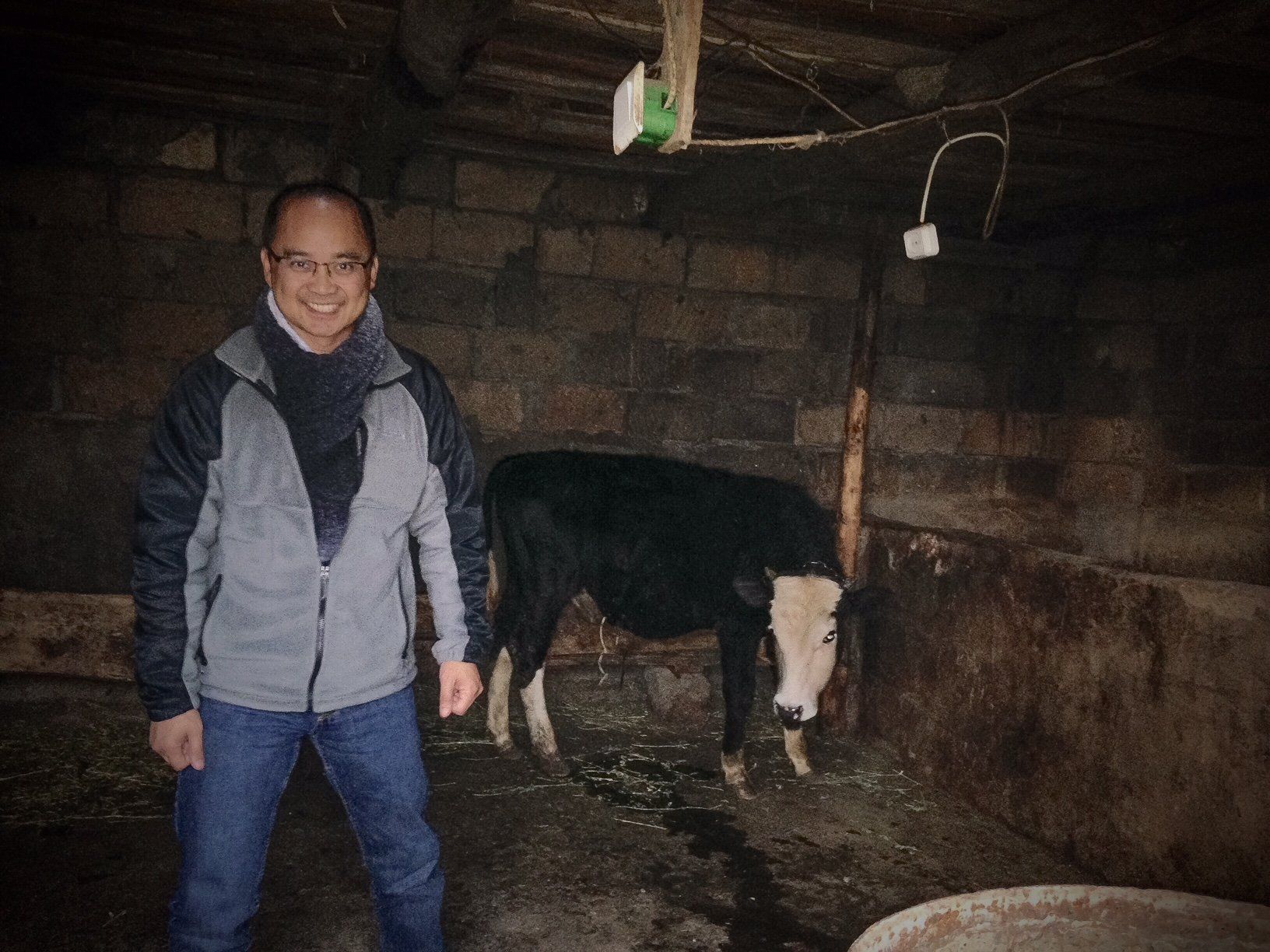
Life in the village does take getting used to but eventually it does happen. The Peace Corps motto is to be flexible and with time we learn to become a local villager. I’ve integrated quite well by feeding the animals. The locals are always curious at first but eventually we grow on each other. The local hospitality is amazing. Villagers will always invite you over to their place for coffee/tea and offer any snacks they have available and always serve it on their best dishware! I must say, when my Pre-Service Training is complete and I’m sent off to a bigger city for the remaining two years I will miss the village life and the daily experiences it has to offer.
